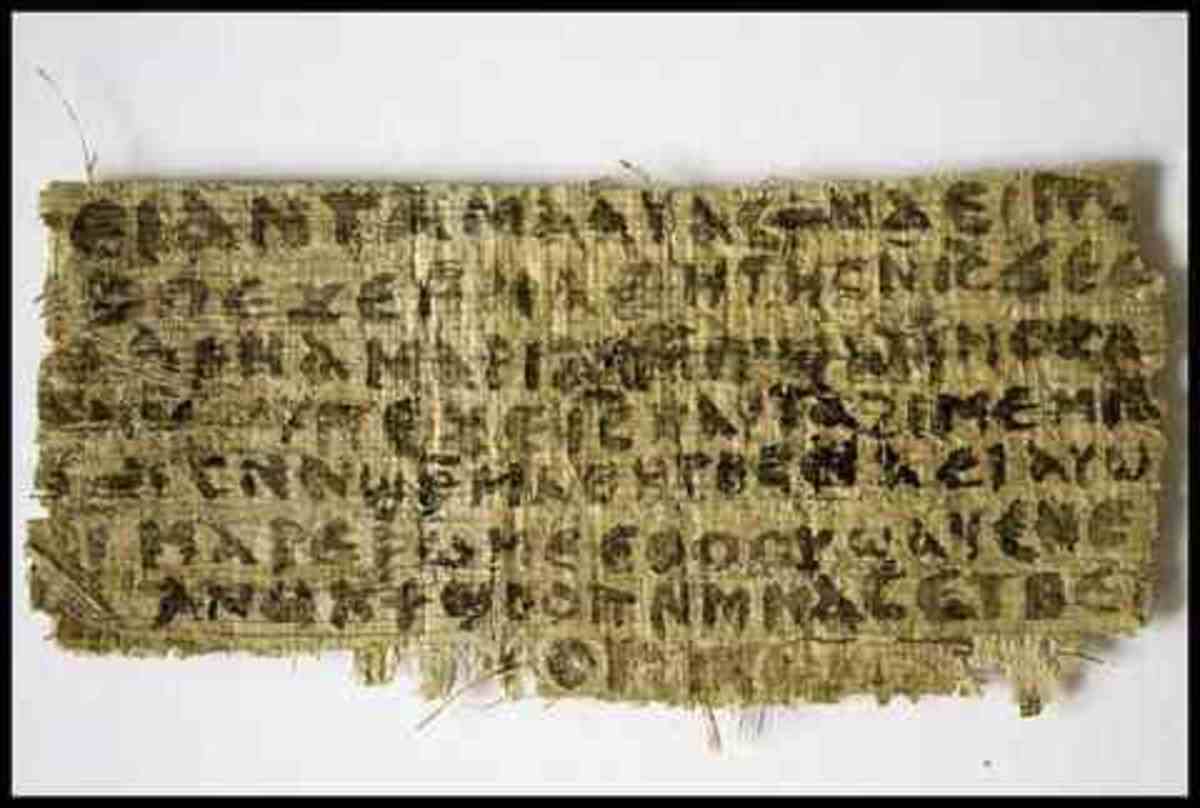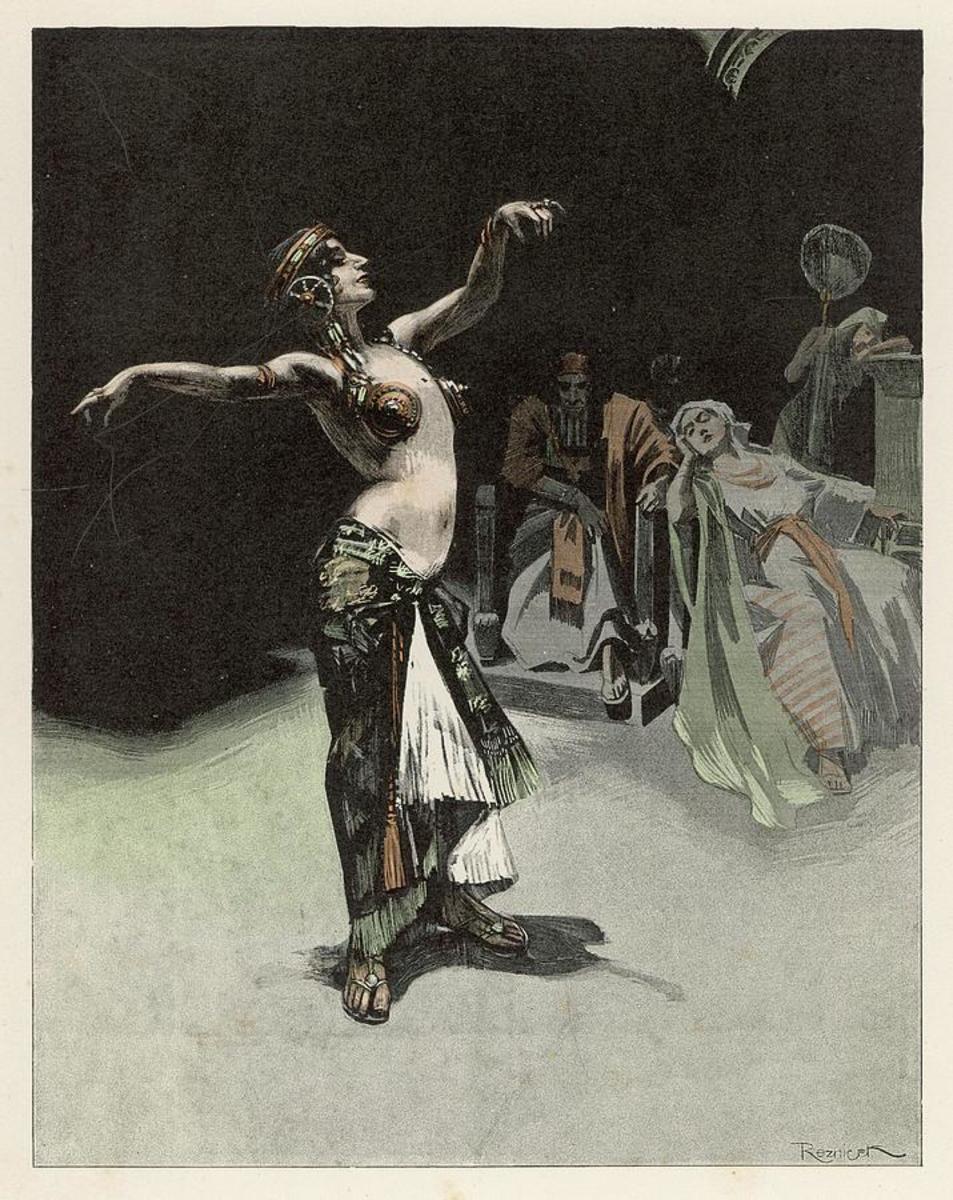Let The Healing Begin

Sharing Christ's Sensitivies in Listening and Teaching
Matthew 18:15-20 is one of many scripture texts that have been used to harm rather than heal relationships. These verses are not meant to be a declaration of power, nor does this passage mean that if two or three people agree on something, then they can ignore the testimony of the one charged, bypass the valid input of others, and do whatever they want. This passage is not only about listening and accountability, but also about a larger vision of God’s kingdom.
If another member of the church sins against you, go and point out the fault when the two of you are alone. If the member listens to you, you have regained that one. But if you are not listened to, take one or two others along with you, so that every word may be confirmed by the evidence of two or three witnesses. If the member refuses to listen to them, tell it to the church; and if the offender refuses to listen even to the church, let such a one be to you as a Gentile and a tax collector. Truly I tell you, whatever you bind on earth will be bound in heaven, and whatever you loose on earth will be loosed in heaven. Again, truly I tell you, if two of you agree on earth about anything you ask, it will be done for you by my Father in heaven. For where two or three are gathered in my name, I am there among them (Mt 18:15-20).
If you read the passage in its chapter context, you can’t help but note the hyperbole or deliberate and obvious exaggeration Jesus uses to drive his point in a series of teachings. For example, we don’t drown others for being “stumbling blocks” and we don’t encourage people to tear out their eyes or cut off body parts because they’ve sinned. And most shepherds wouldn’t dare abandon ninety-nine sheep in search of the one that got away. Jesus’ exaggerated response to Peter’s question about forgiveness in verse 21 shows that he knows we want quick apologies and yet the act of forgiveness is a process that isn’t quite as simple as saying sorry and going our merry way. The act of forgiving will demand a considerable amount of time and unconditional love to heal—that’s what it means to forgive another member who has sinned against you. Jesus said to Peter, “Not seven times, but, I tell you, seventy-seven times” (Mt 18:21).
What is the kernel of truth that is embedded in each of these exaggerated teachings, especially as it applies to verses 15-20? Chapter 18 commences with the disciples coming to Jesus with the question, “Who is the greatest in the kingdom of heaven?” Were they earnest about this question in light of the fact that Jesus’ ministry had always been focused on the least? Yet he doesn’t dismiss their self-centered and self-righteous question. He takes them seriously, listens carefully and then responds, not with a direct or literal answer, but with a series of exaggerated teachings. Jesus pushes the disciples to think, to listen and to be accountable to others for the God-given power and authority entrusted to them. The examples of exaggeration allow the disciples an opportune time to learn without being embarrassed and to listen without being defensive. Jesus brings before them “a child,” the “little ones,” the “one that went astray,” the “member” who sins, and the “fellow slave” in debt. The kingdom of God is not concerned with “who is the greatest,” rather Jesus teaches that those who are given a great responsibility and authority should take extreme heed in using their power over the least and most vulnerable subjects. The child should be free of stumbling blocks, the lost sheep should be found, the church member should be given a fair hearing, and the fellow slave should be forgiven of all his debt.
If we listen with “new ears” we will always hear something different from what we expect. That’s why Jesus utilized hyperbole. He wanted to open the ears of his disciples to hear the gospel of love and reconciliation in different ways, through different experiences, with different language and images. If the Bible is a closed word that behaves as a mere answer book, then we’re all in trouble! We’ll continue to use scripture to attack others and thus bring about violence against one another and justify the harm we inflicted in God’s name. Granted the Word of God is sharper than a two-edged sword, it is a holy weapon wielded to heal and unite rather than to tear and destroy. And that’s not an exaggeration.
Jesus could have opted to use his power to plow his point across rather than beat around the hyperbole bush. Yet he chose to listen and engage his disciples in conversation while teaching truth. Christians today cannot pretend to be the Junior Holy Spirit possessing the final say nor should they lord it over others by insisting that it’s either their way or the highway (Mt 20:25). The Bible invites us to share Christ’s sensitivities in listening and teaching as we enter into ongoing conversations with Christians who struggle with what it means to live faithfully in relationship with each other and to look beyond ourselves for the greater good of the kingdom of God—the bigger picture set before us.
It is only right that we conclude with the lesson drawn from the last story in Matthew 18 between the king and his slaves. The day of reckoning arrived as the king wished to settle accounts with his slaves. Although it was within the king’s power to sequester and sell his slave’s family and possessions, he chose to be compassionate by not only forgiving, but also completely erasing all the slave’s insurmountable debt. Later in the day, that same slave bumped into a fellow slave who owed him a pithy amount of money. He demanded payment and threw his fellow slave into prison until he could settle his debt. Meanwhile the king caught wind of what transpired and summoned the wicked slave to his court. He reminded the wicked slave of his forgiven debt due to his plea. Although he received mercy he failed to extend that same mercy to his fellow slave. In anger, the king handed him over to be tortured until he paid his debt in full. Jesus said, “Our heavenly Father will also do to every one of you, if you do not forgive your brother or sister from the heart” (Mt 18:35). May the love and compassion of Christ the King cause church members to remove every harmful stumbling block and settle accounts with each other in the kingdom of God—let the healing of relationships begin.
© 2009, Gicky Soriano. All rights reserved.
Related hubs:
- Transforming Anxiety, Fear and Anger
There exists an ancient spiritual truth that is validated by modern psychiatry today. If you do not have a place to park your anxiety, fear or anger, you are prone to project it upon others. Misdirected... - Restoring the Fallen Leader
In Greek mythology, Achilles was the son of Peleus, king of the Myrmidons, and Thetis, a sea goddess. By far, Achilles was the greatest, most courageous and handsome warrior of Agamemnon’s army. The story... - Breaking Bread Beyond Borders
What does it mean for us today if we choose to follow Jesus’ example of sitting at the table with sinners? (Lk 5:27-32) What will it cost us to enter their homes and share in the celebration of life. ... - Faith that Pleases God
What kind of faith pleases God? What does our faith offer or demonstrate? Is it based on our human presumption or grounded in biblical conviction? The great evangelist George Whitehead once asked a...
Recommended reading:









